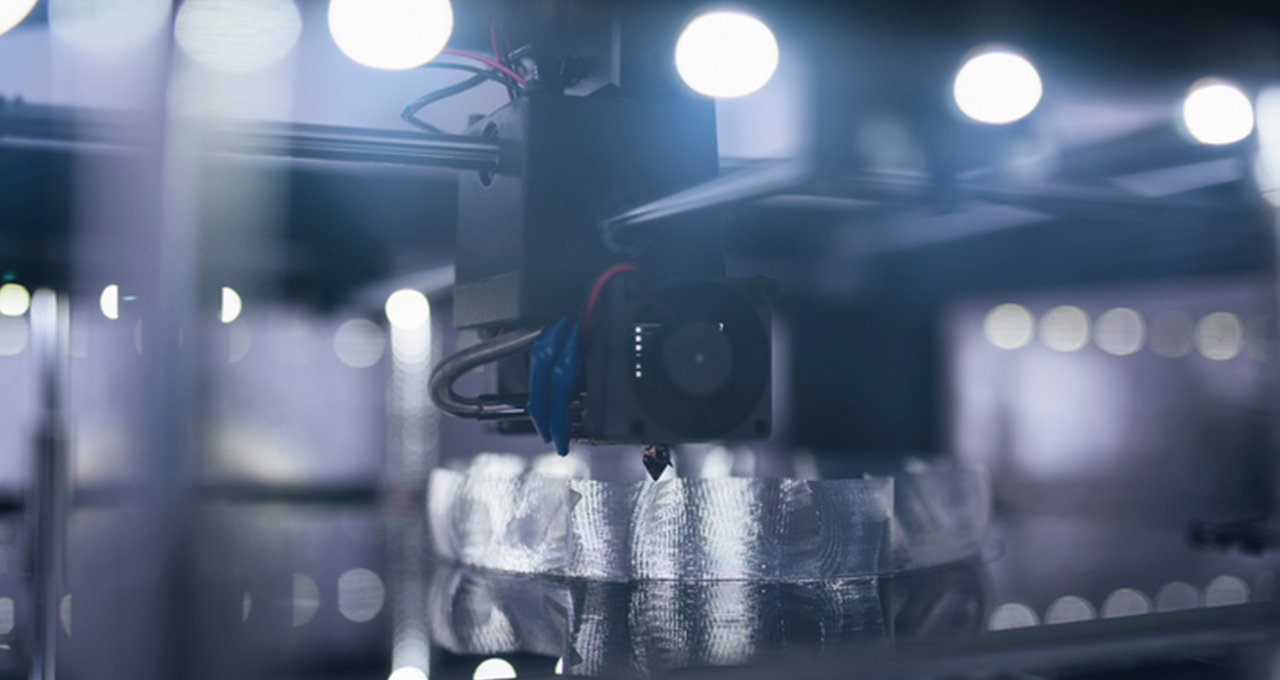CECIMO Press Release: Additive Manufacturing – building a more resilient industry in Europe

The additive manufacturing sector is ready to close the gaps in the European Industrial value chain and to deliver a wide range of benefits for Europe. This is what was underlined during the CECIMO webinar on “Additive Manufacturing: an opportunity to fill the gaps in traditional supply chains”, which gathered more than 200 participants.
The recent COVID-19 emergency has put the whole sector under the spotlight, demonstrating that the industry is uniquely positioned to support medical supply chain and quickly produce personal protective and medical equipment. The additive manufacturing (AM) sector can allow different supply chain to adapt to disruption in a fast and efficient way. Therefore, it is important to create the right regulatory framework and industrial ecosystem to allow companies to invest in innovative technologies such as AM.
Mr. Stewart Lane, Chairman of CECIMO Additive Manufacturing (AM) Committee, opened the debate highlighting the importance of AM solutions, especially during the lockdown period. Moreover, he remarked that an“open dialogue and close collaboration between policymakers and industry would be necessary to enable the full potential of the AM sector for industrial supply chain”.
Our distinguished speakers – Lorena Ionita, European Commission; Fabio Annunziata, HP Inc; Bernhard Müller, Fraunhofer Additive Manufacturing Alliance; Vincent Wegener, Ramlab – addressed the issue of the recent supply chain disruption, stressing the importance of this sector's contribution to build a more competitive industry in Europe.
Major takeaways from the event:
- Resilient industrial value chains are essential for a fast EU recovery.
- It is imperative to have public financial support for those companies that wish to implement changes in their supply chain by investing in the deployment of new solutions.
- Coordination among the member states on regulatory requirements is fundamental to speed up the response of the industry in case of the second wave of the pandemic.
- Localization of production is essential and must be available when needed to avoid the disruption faced by a globalized supply chain.
- The use of additive manufacturing can help reducing production time and costs in the industrial supply chain.
